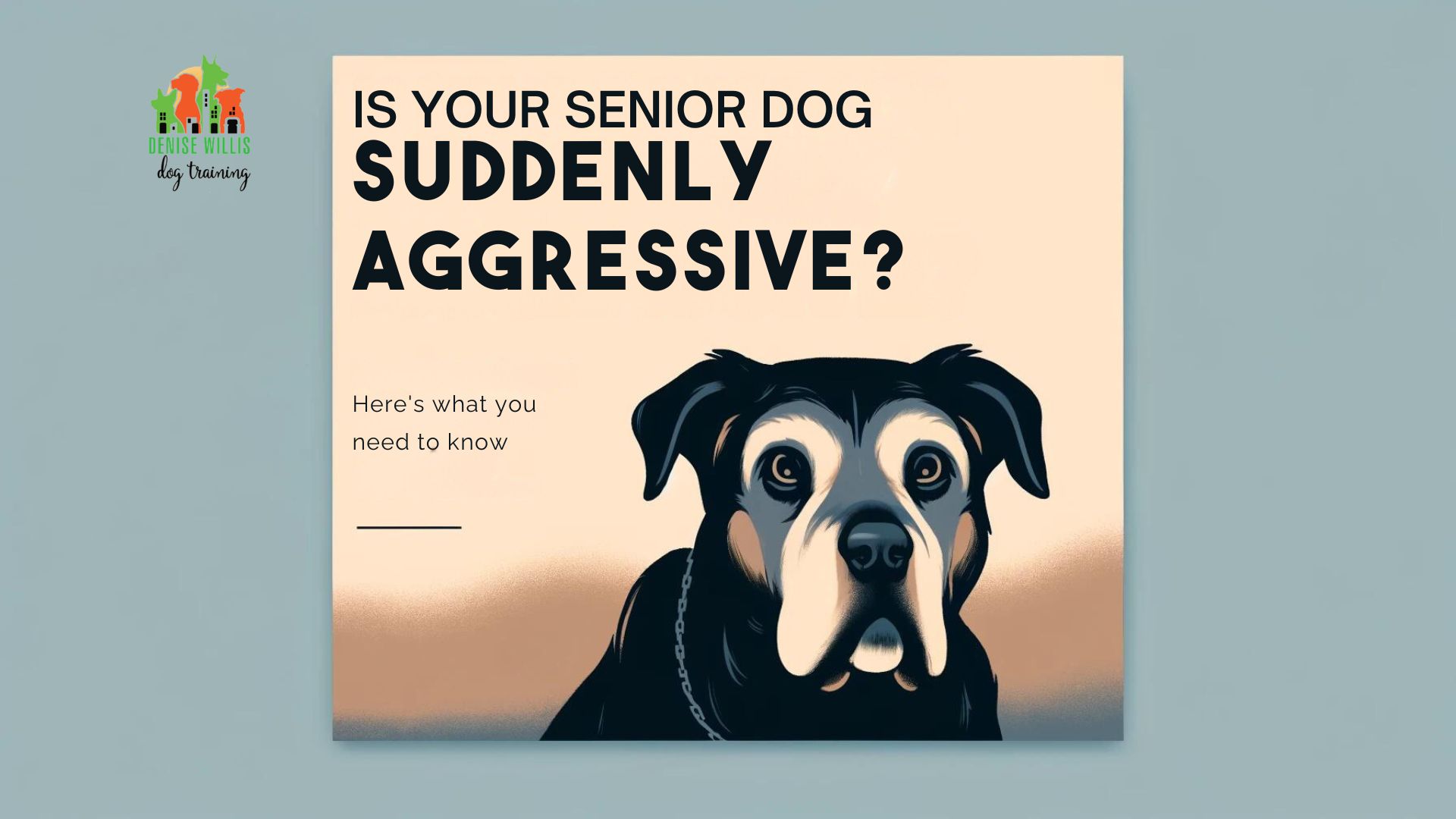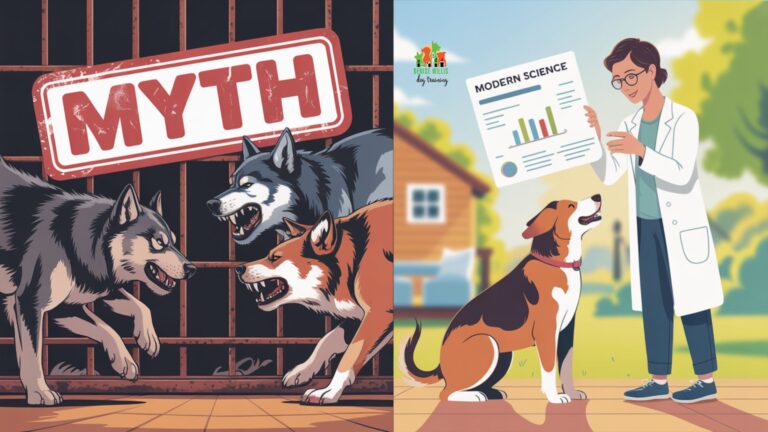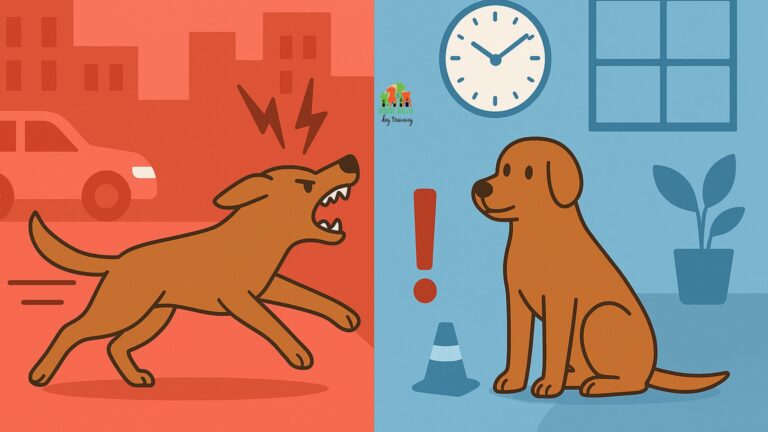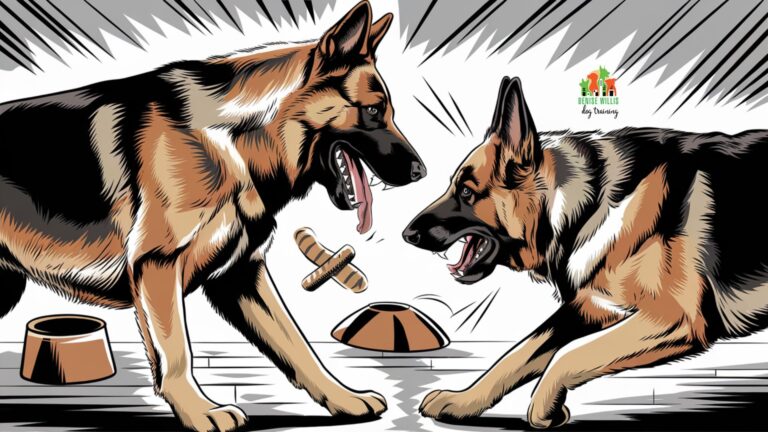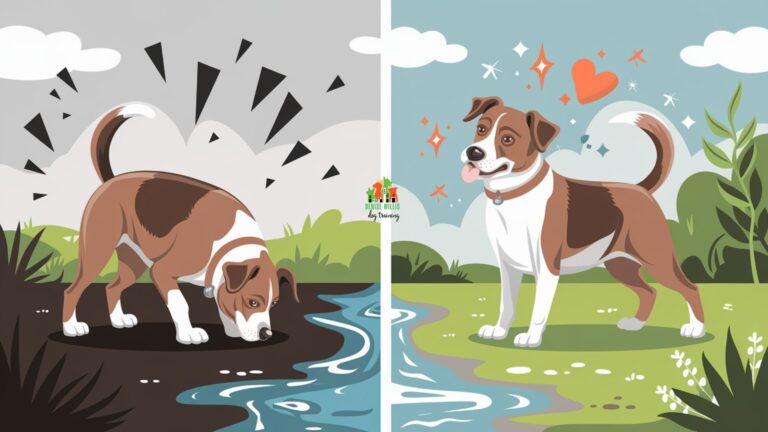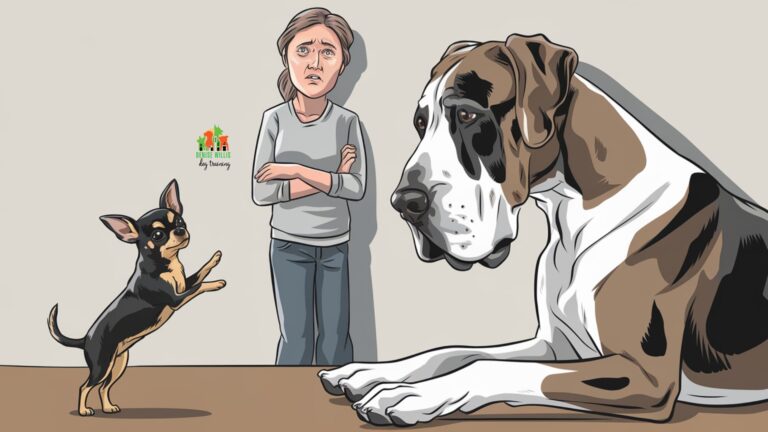Is Your Senior Dog Suddenly Aggressive? Here’s What You Need to Know
📍 Service Area Notice: DW Dog Training provides in-person training services exclusively in the Greater Baltimore area. While our blog content is designed to help dog owners internationally, our hands-on training services are locally focused. For readers outside our service area, we hope you find value in our articles and welcome you to reach out with questions!
Your sweet, gentle pup Buddy has been your faithful companion for years. But lately, he’s been acting…differently. A low growl rumbles from his throat when you approach his bed. He snapped at your grandkids when they tried to pet him. You’re surprised, confused, and maybe a little hurt. What’s going on with your senior dog?
If Buddy’s behavior has taken an aggressive turn as he’s gotten older, you’re not alone. Sudden aggression in senior dogs is actually fairly common – and it’s not something to simply accept or ignore. Older pups can develop numerous medical and cognitive issues that contribute to hostile behavior like growling, snapping, or biting.
As your dog’s biggest advocate, it’s crucial to get to the bottom of these behavior changes. With some detective work and professional guidance, you can understand what’s triggering the aggression, make environmental adjustments to defuse tension, and most importantly, ensure your furry friend gets the support they need as they navigate their golden years.
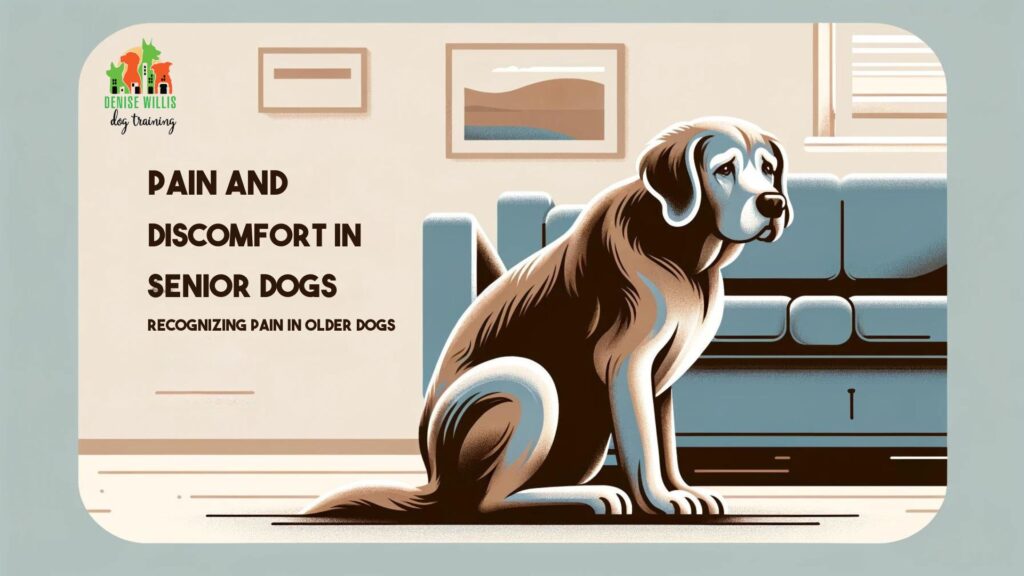
Why Is My Old Dog Suddenly Being Aggressive?
Okay, so aggression in senior dogs is pretty normal, but what exactly causes it? There are several potential culprits, many of them connected to the natural aging process:
Pain and Discomfort
Imagine dealing with chronic arthritis pain, only you can’t communicate where it hurts or how badly. For senior dogs, that lingering discomfort can quickly turn into defensive aggression, especially when approached or handled in sensitive areas. Other medical issues like dental disease, injuries, or even canine cognitive dysfunction (the doggy version of dementia) can also make older pups lash out.
As a dog trainer, I’ve seen countless cases where resolving an underlying medical issue eliminates the aggression entirely. One client, Sarah, brought her 10-year-old Golden Retriever Maggie to me because she had started growling and nipping at Sarah’s young daughter. We suspected arthritis pain, so I recommended massage therapy, joint supplements, and prescription medication under their vet’s guidance. Within weeks, the aggressive guarding behavior ceased entirely once Maggie was more comfortable.
Sense of Protection
As dogs age, they can become more territorial and protective, particularly over perceived “valuables” like their bed, food bowl, or cherished toys. Seniors may react aggressively to perceived threats, even from familiar family members getting too close to their domain. It’s like their built-in “security system” gets an upgrade!
I worked with another client whose 12-year-old Shepherd mix, Buster, was fine with the family but would go into a frenzy anytime someone approached his crate or special blanket. By creating positive associations with those triggers and ensuring he had a quiet, undisturbed space, we were able to minimize his protective behavior while still allowing appropriate “guarding” over his key belongings.
Anxiety and Fear
Cognitive decline, vision/hearing loss, and other age-related changes can seriously amp up anxiety levels in older dogs. They may misinterpret typical household activities as threatening, prompting aggressive responses out of confusion and fear. It’s the doggy equivalent of your adrenaline spiking when a loud noise startles you.
For example, let’s say your aging pup Floyd is losing his hearing. He may not pick up on cues that someone is approaching from behind. If they accidentally startle him, his fear could translate into a defensive growl, bark, or even nip. Understanding triggers like this allows you to adjust interactions to avoid overwhelming Floyd and communicate more clearly through positive reinforcement training.
What Is Rage Syndrome in Senior Dogs?
Now let’s talk about something called “rage syndrome” or “sudden onset of aggression” in older dogs. Despite the intense name, it’s not your pup being temperamental. Rage syndrome refers to seemingly unprovoked aggressive outbursts often tied to brain chemistry changes or neurological conditions in aging dogs.
During an episode, your otherwise calm dog may frantically bark, growl, lunge, or even bite without obvious provocation or the ability to “snap out of it.” Rage attacks can last anywhere from a few seconds to a few minutes before your dog calms down again. Scary stuff!
While the exact causes are unknown, potential triggers include brain tumors, thyroid disorders, and canine cognitive dysfunction. These neurological factors can disrupt hormone regulation and processing of fear/aggression signals in the brain.
I once worked with a client whose 14-year-old Labrador Chuck would occasionally experience these frightening “rage” episodes for no apparent reason. We documented when they occurred and identified possible triggers like loud noises or disruptions to his routine. From there, his veterinarian prescribed anti-anxiety medication to help regulate Chuck’s brain chemistry and prevent future outbursts from escalating.
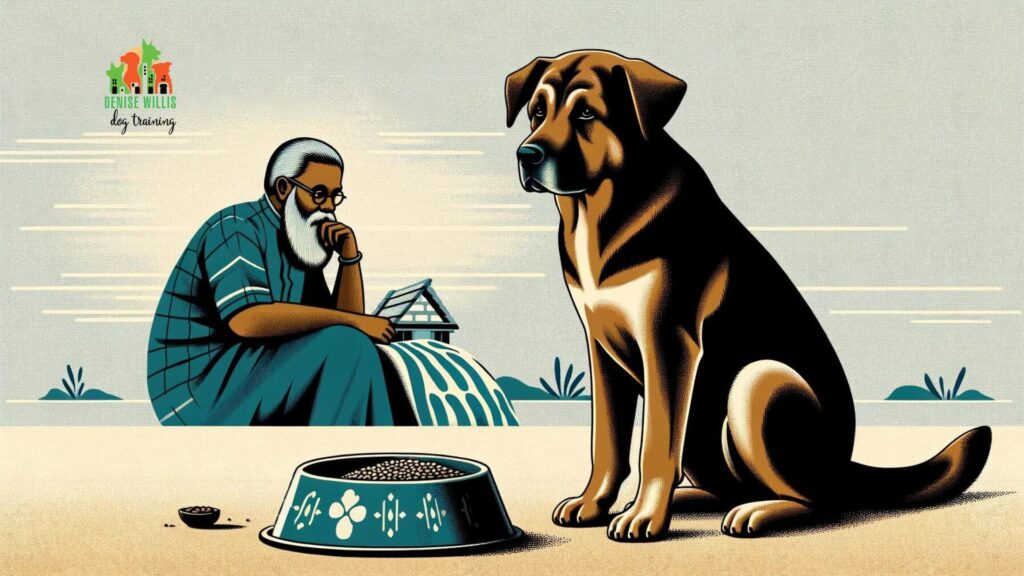
Do Dogs with Dementia Get Aggressive?
Speaking of cognitive issues, let’s address that dreaded “D” word – doggy dementia. Canine cognitive dysfunction, often compared to Alzheimer’s in humans, can absolutely contribute to aggressive behavior as dogs age.
When their memory, awareness, and decision-making abilities deteriorate, dogs can become confused, anxious, and prone to overreacting aggressively to perceived threats (like a familiar person approaching). They may get “trapped” in repetitive aggressive patterns without recognizing you or their surroundings.
It’s an issue I’ve seen time and again with my clients and their senior dogs. Take Sadie, a 15-year-old Poodle mix whose owners noticed she was becoming unexpectedly snappy, especially around mealtimes or when someone would try to move her bed. We suspected doggy dementia, which was confirmed through veterinary testing.
To keep Sadie comfortable and minimize her aggressive responses, we implemented a very structured routine using positive reinforcement to remind her of learned behaviors. We also used pheromone diffusers and pet-calming supplements to reduce her anxiety. With patience and commitment from her owners, Sadie was able to live out her golden years with far less confusing aggression.
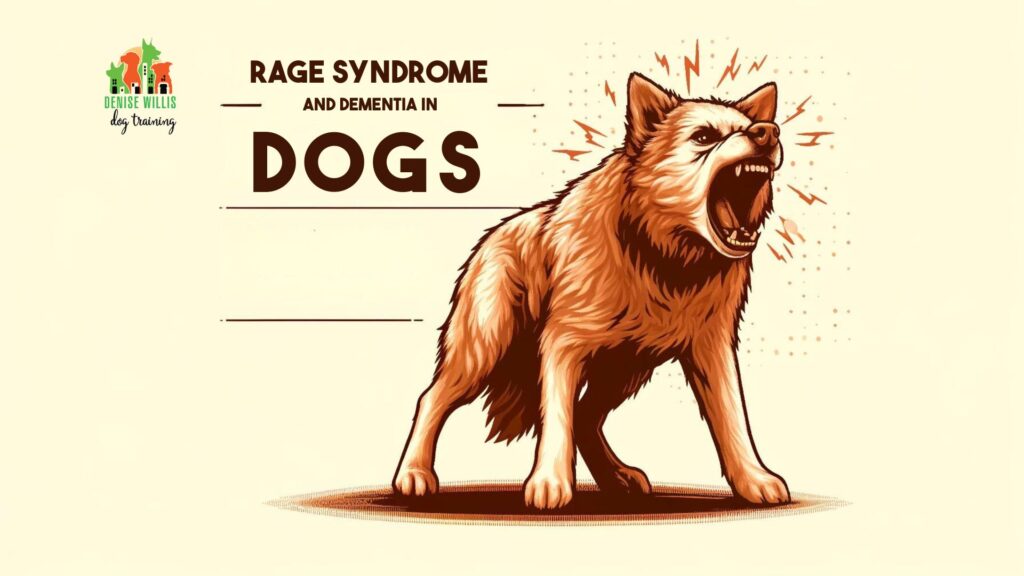
Why Is My Older Dog Misbehaving All of a Sudden?
If your senior pup’s aggressive behavior emerged fairly suddenly rather than gradually, there may be an acute underlying medical trigger like an injury, illness, or rapid cognitive decline that needs veterinary attention immediately.
Older dogs don’t simply “act out” for no reason. Drastic behavior changes, even in previously well-trained dogs, could signal something more serious is going on that requires professional intervention.
I worked with one couple, Jeff and Kathy, whose 11-year-old mixed breed Reggie started resource guarding the couch and acting aggressively when asked to move after years of perfect behavior. We initially thought it might be doggy dementia until Reggie’s vet discovered a painful disc disease in his spine. Once treated, Reggie’s aggression vanished, as the pain was no longer causing him to lash out.
So what do you do if your beloved senior dog is showing aggressive tendencies? Here’s my advice as an experienced dog trainer who has worked with numerous clients navigating this issue:
First, don’t punish the behavior. Aggression in older dogs is a fear-based response, and reacting with punishment or force will only make them more anxious and likely to lash out. Focus instead on preventing known triggers while you investigate deeper causes.
Next, have your vet do a thorough medical workup. They’ll check for any underlying pain, illnesses, or neurological conditions that could be provoking the hostility. Proper treatment and management of those root issues can go a long way in curbing aggressive tendencies.
From there, work closely with an accredited veterinary behaviorist or professional dog trainer on a comprehensive behavior modification plan. This will involve techniques like:
- Controlling environmental stressors by giving your dog more space, predictability, and routine
- Introducing calming tools like pheromone diffusers, nutraceuticals, or warm massage
- Desensitizing and counterconditioning your dog to scary triggers through positive reinforcement
- Protecting your dog from situations that provoke aggressive responses during training
Consistent, compassionate training is key for resolving aggression in senior dogs. It takes immense patience, but seeing your sweet senior’s tail start wagging again is worth every second.
An example from my own experiences – I worked with an 8-year-old German Shepherd named Maxx who was growling and snapping whenever someone tried to take his toys away, a new behavior that emerged seemingly overnight. His yearly exam didn’t show any obvious medical issues, so we suspected anxiety was the root cause.
Through positive reinforcement conditioning, I taught Maxx that giving up his toys actually earned him higher-value rewards like chicken or cheese. We also did “trade” exercises where I would swap out his toy for an equally enticing one to reduce his guarding. With time, patience, and the introduction of calming supplements, Maxx realized he didn’t need to aggressively protect his belongings. The aggression melted away entirely within a few months.
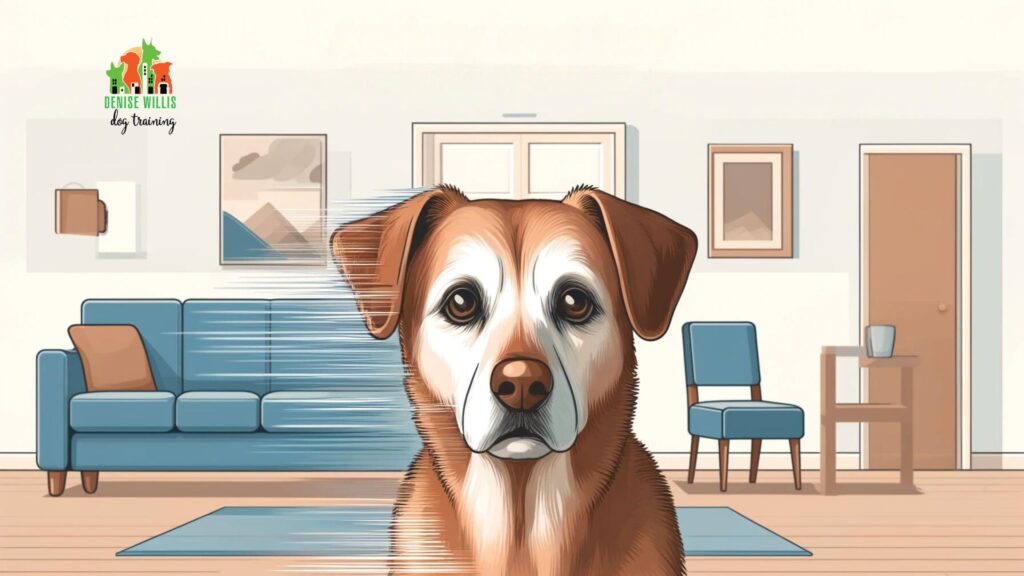
Key Takeaways on Senior Dog Aggression
- Sudden aggression in older dogs often stems from medical issues like cognitive decline, anxiety, pain, or canine dementia. Identifying and treating underlying causes is crucial.
- During unprovoked “rage syndrome” episodes, avoid punishing or confronting your dog, as this can worsen aggression. Focus on separating and removing triggers instead.
- Work closely with your vet and an accredited professional trainer to develop a comprehensive behavior modification plan that addresses your senior dog’s unique needs.
- Managing environmental stressors, incorporating calming tools, and using positive reinforcement techniques can help reduce aggressive responses.
- With patience and committed training, many cases of senior dog aggression can be resolved or become manageable over time.
Frequently Asked Questions About Aggression in Older Dogs
Why is my old dog suddenly being aggressive? There are numerous potential medical causes behind sudden aggression in senior dogs, including cognitive decline, anxiety, pain, dementia, or underlying illnesses/injuries. Work closely with your vet to identify and treat any root issues.
What is rage syndrome in senior dogs? “Rage syndrome” refers to seemingly unprovoked, frantic outbursts of barking, growling, lunging and even biting often tied to brain chemistry or neurological changes in aging dogs. These episodes can last seconds to minutes before the dog calms down.
Do dogs with dementia get aggressive? Yes, canine cognitive dysfunction (doggy dementia) can absolutely contribute to aggressive behavior as a dog’s memory, awareness, and decision-making abilities deteriorate with age. This confusion and anxiety may trigger overreactions to perceived threats.
Why is my older dog misbehaving all of a sudden? Drastic behavior changes in older, previously well-trained dogs is often a sign that something medical is going on versus just “acting out.” Have your vet examine your pup for potential injuries, cognitive issues, or other triggers behind the sudden misbehavior.
I hope this comprehensive guide provides clarity around the common causes of senior dog aggression while reassuring you that there are solutions. With patience, guidance from professionals like myself, and lots of love, many aggressive older pups can regain their calm, sweet demeanors.
If Buddy’s aggression persists or escalates, don’t hesitate to schedule a consultation so we can develop a customized behavior plan just for him. You’ve given him an amazing life – now it’s time we return that unconditional love as he navigates his golden years.

